|
Robert Rogers. A Concise Account of North America. . . . London, 1765.. p. 65 The city of New York, which is governed by a Mayor and Aldermen, is situated on an island bounded by Hudson's River on the west, the Bay and Sound on the south and east, and a small creek or channel communicating with the Sound and Hudson's River, about sixteen miles north from the city. In the city are between 2 and 3000 houses, generally pretty well built; but the streets very irregular. It hath several spacious public buildings, among which the college and the court-house are the most considerable, and the Governor's mansion-house within the fort. the houses for public worship are no-ways despicable, especially the two English churches. The public worship in this city is every Sunday performed in different churches, in the English, the French, the German, and Low-Dutch languages. This city abounds with many wealthy merchants, who carry on a large trade to foreign parts, and are observed to deal very much upon honour; excepting some Jews, who have been tolerated to settle here, having a synagogue in the city, who sustain no very good character, being many of them selfish and (p. 66) knavish (and where they have an opportunity) an oppressive and cruel people. The next considerable place in this province is the city of Albany, situated on the west-side of Hudson's River, 150 miles above New York, containing near 400 houses; others are Shenectady, on the Mohock River, fifteen miles above Albany; Esopus, half-way between Albany and York; and Peckeepsy, about ten miles further down the river. The number of inhabitants in the whole province are about 150,000. The soil of this province is generally very pleasant and fertile, producing in great abundance all sorts of grain and fruit, common to the climate; especially the inter-vales, which are many, and large, upon its extended rivers, of which Hudson's River is the chief. This river heads within twenty or thirty miles of Lake Champlain, and runs south for about fifty or sixty miles, crossing in its way some small lakes, of which Scanderoon is the most considerable; it then bends more easterly to the carrying place, where Fort Edward stands; and then southward, till it empties itself into the sea at New York, or Sandy Hook, having on it some exceeding fine inter-vales at Saratoga, Still Water, Half Moon, the Flats, &c. and below Albany (p. 67) are some islands in it of most excellent land. This river is navigable for vessels of an hundred tons as high as Albany, and shallops can go eight or ten miles higher. About eight miles above Albany the Mohock River empties itself at several mouths, called the Sprouts, into this. This river takes its rise in the Mohock country, and is navigable (excepting some few falls) for whale-boats and battoes, for upwards of one hundred miles; its course is eastwardly, and has adjacent to it many fine inter-vales, particularly that called the German Flats. . . . This tract of land is exceeded by none in America, being easy to cultivate, and producing, in the greatest abundance, wheat, barley, pease, hemp, or whatever is put into it. About two miles from where this joins with Hudson's River is a fall or cataract, at which the whole stream descends perpendicular, for about seventy feet. This part of the province abounds with saw-mills, having great plenty of timber, especially pines. In the before-mentioned rivers is great plenty of fish, such as shad, ail-wives, sturgeon, (p. 68) &c. and also a variety of fresh water fish. In this part of the province are also several iron-works, carried on to great advantage; particularly Mr. Levingston's, at his manor upon Hudson's River, which is said to manufacture the best iron of any in America. *** April 1, 1765. New-York Mercury. 1765: To Be Sold, THE House and Lot of Ground where Mr. Fauconnier Valleau, now lives by the North-River, situate between the Ferries to Powle's Hook and Wheyhake; together with a large Frame building two Stories high, adjoining to the same; the under part of which contains a large new Chocolate Mill, that goes with a Horse, which if the Purchaser chuses will be sold with the House; which is exceedingly well situated for that business, and keeping a Shop. For further particulars enquire of Fauconnier Valleau, living on the Premises. Where may be had, a young Negro man, who has been seven Years in the Country, and has had the Small Pox, and is fit for Town or Country Business and is sold for no Fault, but want of Employ, likewise a young Negro Woman his Wife, who has been three Years in the Country; and a Negro Boy very handy in a Family. 1765: To Be Sold, THE House and Lot of Ground where Mr. Fauconnier Valleau, now lives by the North-River, situate between the Ferries to Powle's Hook and Wheyhake; together with a large Frame building two Stories high, adjoining to the same; the under part of which contains a large new Chocolate Mill, that goes with a Horse, which if the Purchaser chuses will be sold with the House; which is exceedingly well situated for that business, and keeping a Shop. N. B. There is no Person that follows the Business of Chocolate Making in this Part of Town, tho' extreamly profitable, and may be learned in all it's Branches in a Fortnight; which together with the advantageous Situation for keeping a Ship, and supplying Chocolate for the North-River Trade, as well as the Town, must prove as profitable a Settlement for an industrious Person as can be desired. New-York Mercury, April 15, 1765,. [Note: Powle's Hook (also Paulus Hook) = Jersey City and Wheyhake evidently = Weehawken] April 1, 1765. New York Mercury. To be Sold - House and a Slave Family To be Sold, The House and Lot of Ground where Mr. Fauconnier Valleau, now lives by the North River, situate between the Ferries to Powle's Hook and Wheyhake; together with a large Frame building two Stories high, adjoining to the same; the under part of which contains a large new Chocolate Mill, that goes with a Horse, which if the purchaser choses will be sold with the House; which is exceedingly well situated for that business, and keeping a Shop. For further particulars enquire of Fauconnier Valleau, living on the Premises. Where may be had, a like young Negro Man, who has been seven Years in the Country, has had the Small Pox, and is fit for Town or Country Business and is sold for no Fault, but want of Employ, likewise a young Negro Woman his Wife, who has been three Years in the Country; and a Negro Boy very handy in a Family. April 15, 1765. New York Mercury. To be Sold - House and Chocolate Mill To be Sold, The House and Lot of Ground where Mr. Fauconnier Valleau, now lives by the North River, situate between the Ferries to Powle's Hook and Wheyhake; together with a large Frame building two Stories high, adjoining to the same; the under part of which contains a large new Chocolate Mill, that goes with a Horse, which if the purchaser choses will be sold with the House; which is exceedingly well situated for that business, and keeping a Shop. N.B. There is no Person that follows the Business of Chocolate making in this Part of the Town, ‘tho’ extreamly [sic] profitable, and may be learned in all it’s Branches in a Fortnight; which together with the advantageous Situation for keeping a Shop, and supplying Chocolate for the North-River Trade, as well as the Town, must prove as profitable a Settlement for an industrious Person as can be desired. June 3, 1765 New York Gazette. On the 27th of August 1764, was put on board of Mr. John Degrave’s Sloop, bound up the North-River, a box of about 15 or 18 by 30 inches, and about 12 deep, containing several hundred printed sermons, and directed to the Reverend Mr. Benoni Bradner which box has miscarried, and’tis tho’t was removed thro’ mistake out of the boat. If any one knows any thing of it, it is requested information may be given either to Edward Laight, in New-York; Samuel Mabbot, at Filkintown, Dutchess County; John Degrave, at Poughkeepsie, or the printer hereof in Broad Street. When hearty thanks will be give for the same and reasonable charges paid. September 2, 1765. New-York Mercury (New York, New York) Friday last we had a very smart shower of Rain here, attended with Thunder, and much Lightning; which struck the Steeple of the New-Dutch Church, but the Lightning was led down by the Conducting Rod, and the Church received by little damage. In the above gust, Mr. Watson's Ferry-Boat, (the same that overset last Year when 7 Persons were drowned) overset in the Bay going across to Staten-Island, having three Passengers, three Horses, and a Curricle on board; the Passengers, viz. Mr. Beveredge, a Philadelphia Gentleman, with his Servant, a Countryman and the Boatman, happily got on the Bottom of the Boat, where they remained four Hours before they could be taken off; they are however, all well. One of the Horses was drowned. Cornelius Switz's Sloop, loaded with Wheat and Boards, from Albany, was struck by the Lightning Friday also, between Tappan and Haverstraw, and a Negro in the Sloop was killed at the same Time. The Lightning struck the Spinnell of the Mast, and went downwards. October 28, 1765. Connecticut Courant (Hartford, Conn.) To the Printer. IN the Month of November 1760, there was inhumanly thrown on the Back of the South-Battery in New-York, (supposed to be from some Albany Boat or Sloop) a Provincial Soldier; who as soon as he was found, had the best Care taken of him, by one of the aldermen of the City of New-York, but the Soldier being unable to speak, neither his Name, or the Place of his Residence could be found out. -- In a few Days he expired, and was decently interr'd by the said Alderman, at the Expence of the City. There was found in said Soldier's Pocket, a small Memorandum, or Journal Book, whereby it appears, that he had Dealings (before, and in the Year 1760) with several Persons supposed to live near Connecticut River; and by his Journal, kept in 1760, that he belonged to some Part of the Colony of Connecticut. -- He was of a middling Size, and Stature, and supposed to be about 22 Years of Age. This is therefore to inform the Public, that if any such Soldier, is missing from any of the Towns in this Colony, in the Campaign of 1760, that by applying to Capt. Hugh Ledlie of Windham, something more of the Particulars relating to said Soldier's Death and Burial may be known: and the Journal Book (which contain Accounts to a considerable Value) will be delivered to the proper Claimant by said Ledlie. N. B. There is no Demand for any Charge, against the said deceas'd Soldier's Estate, at New-York. -- I received the above Memorandum Book from New-York, the 10th of October Instant, and promised to get the Above inserted in one or more of the Connecticut New-Papers, for the Information of the above deceas'd Soldier's Relations, Friends, &c. HUGH LEDLIE. December 30, 1765. New-York Mercury (New York, New York) Saturday last a Sloop arrived here from Esopus, a very uncommon Thing at this Season, of the Year. Our Port is now shut up; and those of Philadelphia, Boston and Rhode-Island open.
0 Comments
Your comment will be posted after it is approved.
Leave a Reply. |
AuthorThis collection was researched and catalogued by Hudson River Maritime Museum contributing scholars George A. Thompson and Carl Mayer. Archives
June 2024
Categories
All
|
|
GET IN TOUCH
Hudson River Maritime Museum
50 Rondout Landing Kingston, NY 12401 845-338-0071 [email protected] Contact Us |
GET INVOLVED |
stay connected |
Proudly powered by Weebly

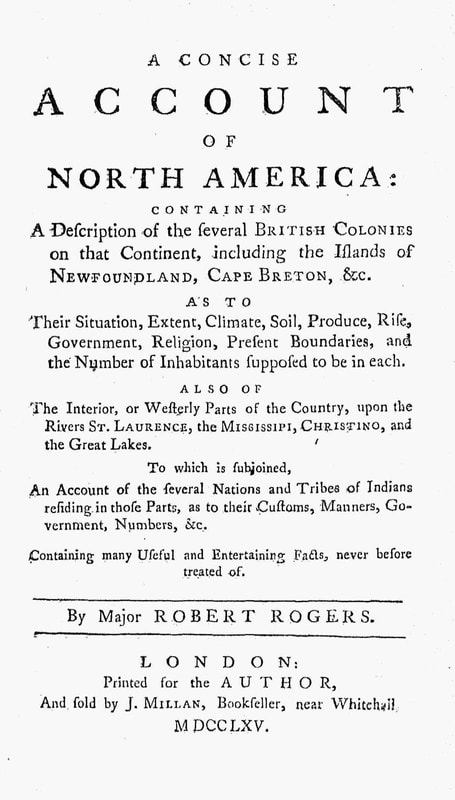
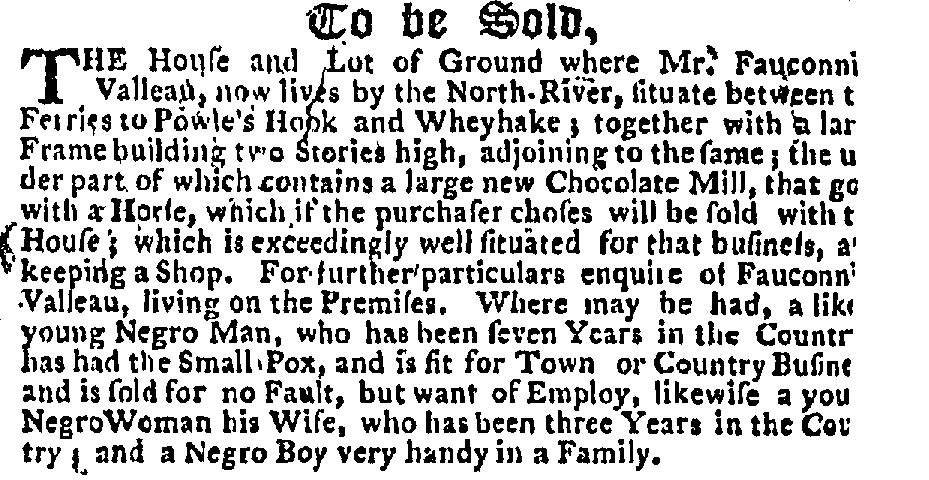
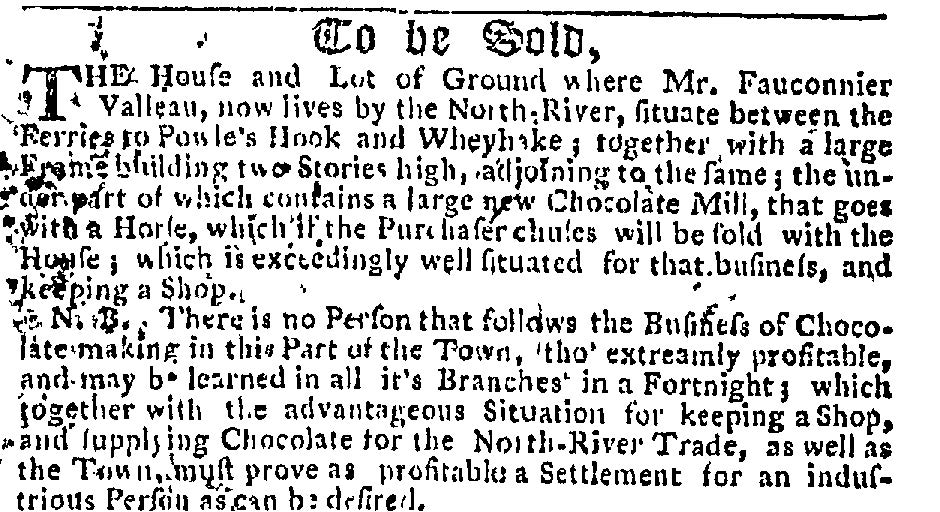

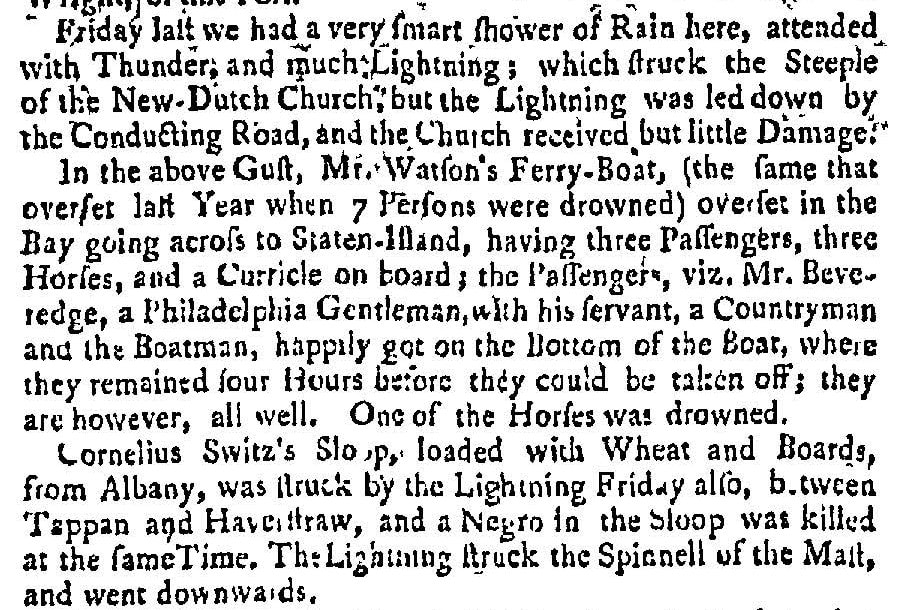
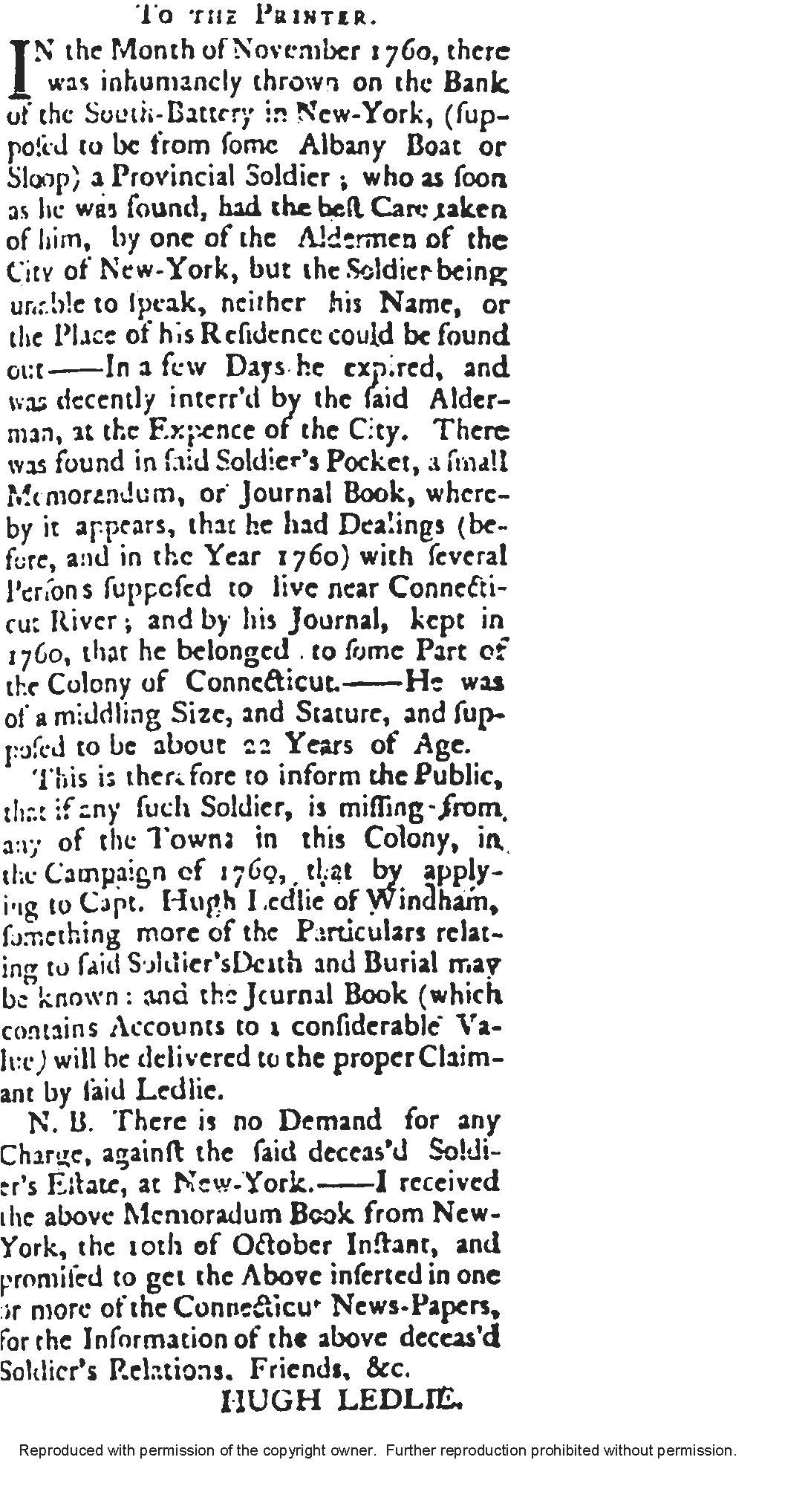

 RSS Feed
RSS Feed